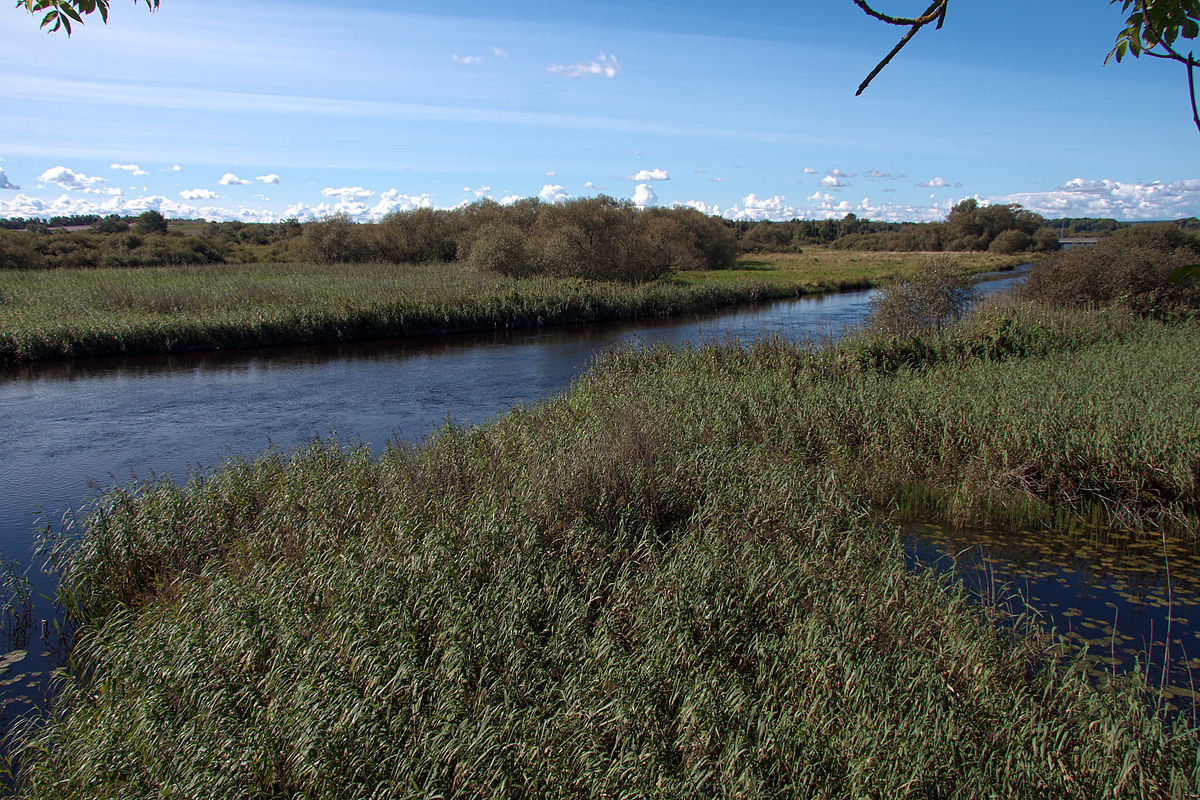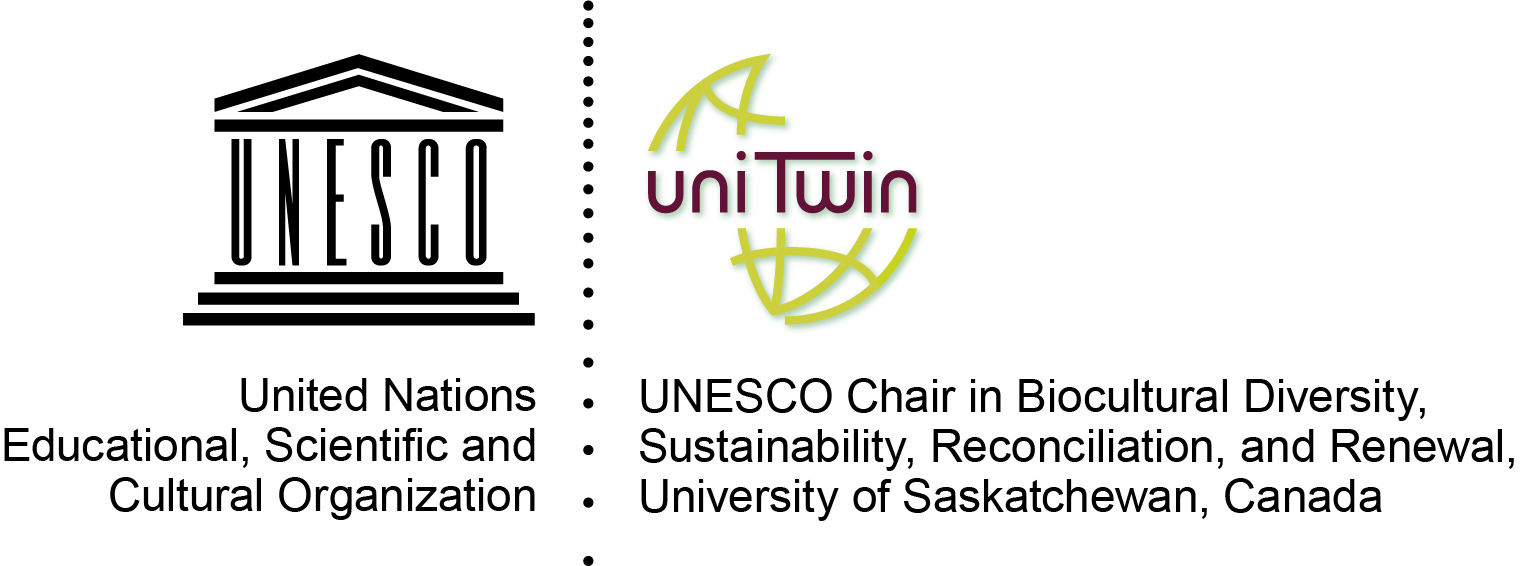
BECOME - Biosphere Reserves as Effective Conservation Measures
Learn more about the the UNESCO Chair Sustainable heritage and environmental management's project "Become." featured in the UNESCO report The Earth Network: sharing tools for biodiversity conservation and sustainable development in UNESCO-designated sites. This UNESCO Chair is hosted at Bergen University and held by Dr. Inger Måren.
BECOME is a project focused on performing research across time and space on Biosphere Reserve (BR) effectiveness by integrating different dimensions and capturing what makes biosphere reserves unique. The project takes an interdisciplinary and transdisciplinary approach, combining diverse methodologies for evaluating the effectiveness of BR management in supporting conservation and biocultural diversity. By evaluating processes and outcomes of Biosphere Reserve implementation, BECOME will encourage learning through participatory transdisciplinary processes, informing both Biosphere Reserve management and international policy. BECOME aims to develop and apply evaluation metrics to facilitate and track both compliance monitoring and adaptive learning outcomes.


